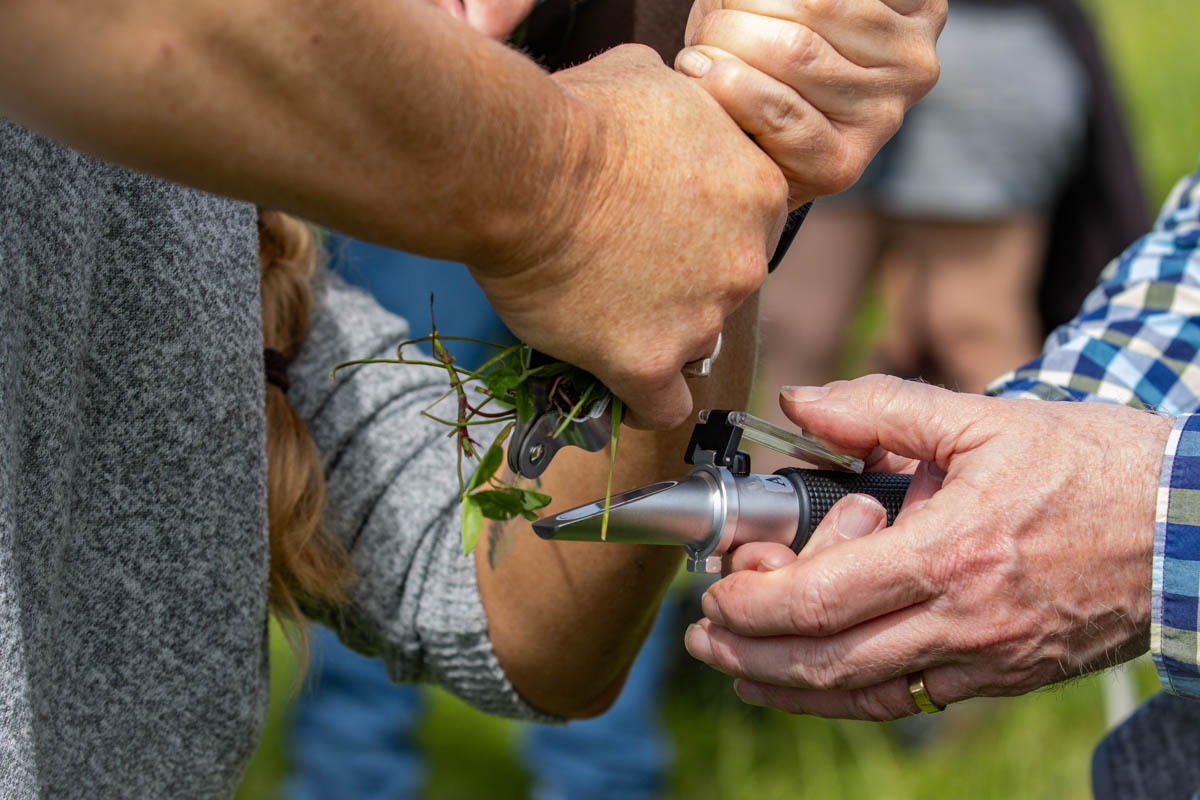Sheryl Haitana
The Zero Carbon Act may be a scary proposition for New Zealand farmers but it’s also the biggest opportunity for primary producers to have a lasting food premium position, KPMG’s global head of agribusiness Ian Proudfoot says.
“I believe if we can lead the world in moving to zero carbon food, there is a significant financial premium that we will receive that will last for decades.”
Proudfoot told a group of 200 farmers and agricultural professionals at the KPMG rural update seminar in November they were in involved in agriculture’s turning point – the global agrarian revolution.
“You are in the industry at the most exciting time in its history. It may not feel like that at the moment, but believe me, when people look back at this industry in 100 years’ time this is the inflection point when the world changes how our food is produced.”
‘We grow value, our challenge has been capturing it. We have to become the best at capturing value in this new and different food system.’
Technology is changing all aspects of our lives, and will transform what agriculture will look like, he says.
There was huge disruption coming to the sector, and agricultural technology – from robotics and drones, to gene editing, big data and sensor technologies – would make significant changes to how we farm in the future.
Last year, US$16.9 billion was spent on disruptive technology in the agrifood sector.
“What we take for granted today, might be gone tomorrow.”
For NZ it creates a huge opportunity to generate more value from its primary industry.
Currently NZ agricultural is forecast to export $46 billion of products, which will be sold for six times the value overseas – NZ is missing out on $0.25 trillion.
“We grow value, our challenge has been capturing it. We have to become the best at capturing value in this new and different food system.”
NZ had largely missed the grass-fed market opportunity, despite being world leaders in pasture farming, and it didn’t want to miss out on another opportunity, he said.
Grass fed is a big market around the world now, but NZ has only realised the value story at the same time as the rest of the world.
“We’ve been grass feeding cows for hundreds of years, and we’ve only just picked up on the fact that’s worth a premium now.
“Zero carbon is the next big attribute premium. I don’t think we want to miss that.”
Another opportunity to harness a potential premium is to concentrate on wellness, he said.
The conversation for NZ agricultural industry shouldn’t be about a shift from volume to value, it should instead be about from volume to wellness, he said.
“NZ should be delivering wellness through food. NZ needs to be producing good meat and good food.”
The agricultural industry has a role in getting people to eat better, he says.
A hindrance to the wellness story was NZ’s own obesity issues, with 1,301,000 Kiwis clinically obese.
“That’s the second highest obesity/per capita in the world, that are medically ill. Forty percent of our population do not eat the right nutrient diet every day.
“If we have some of the worst health outcomes in the world, how do we claim we produce the healthiest food?”





